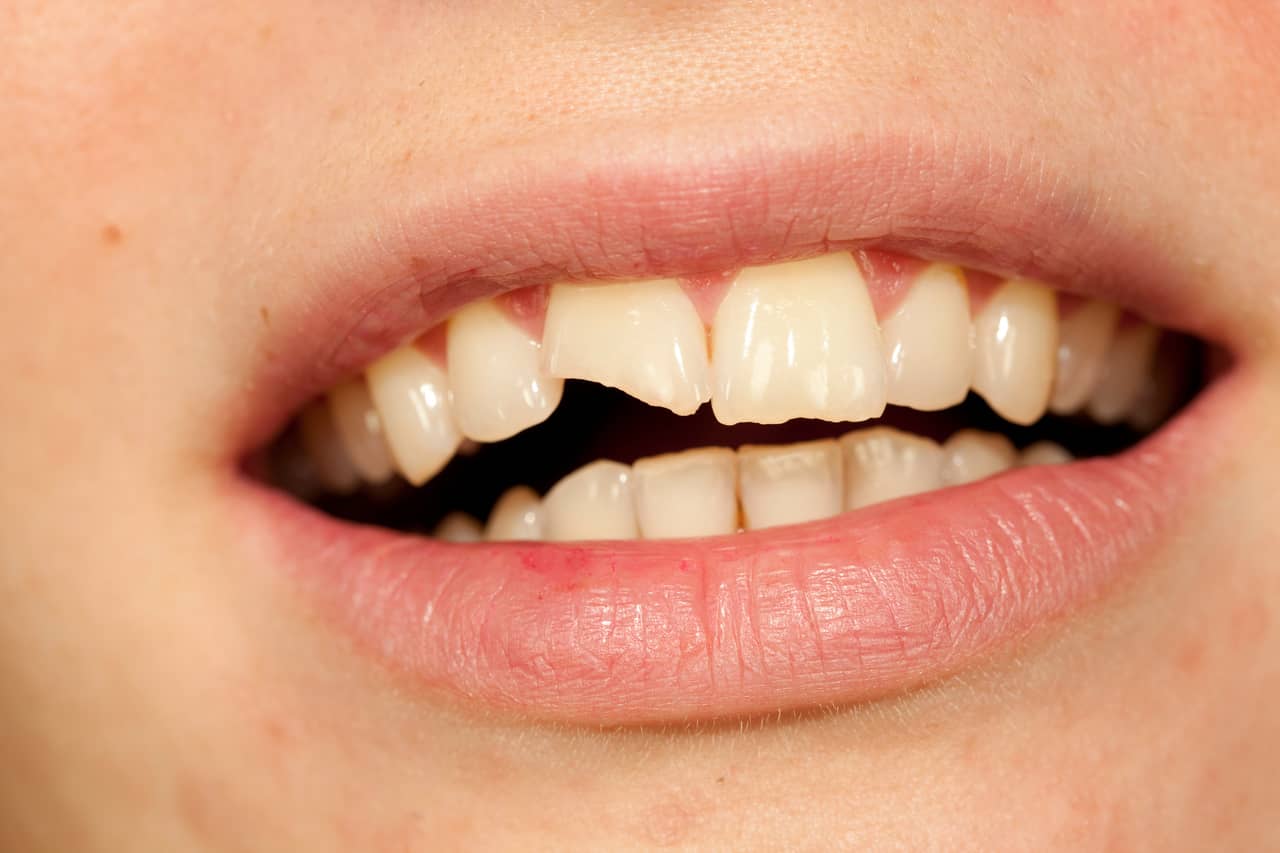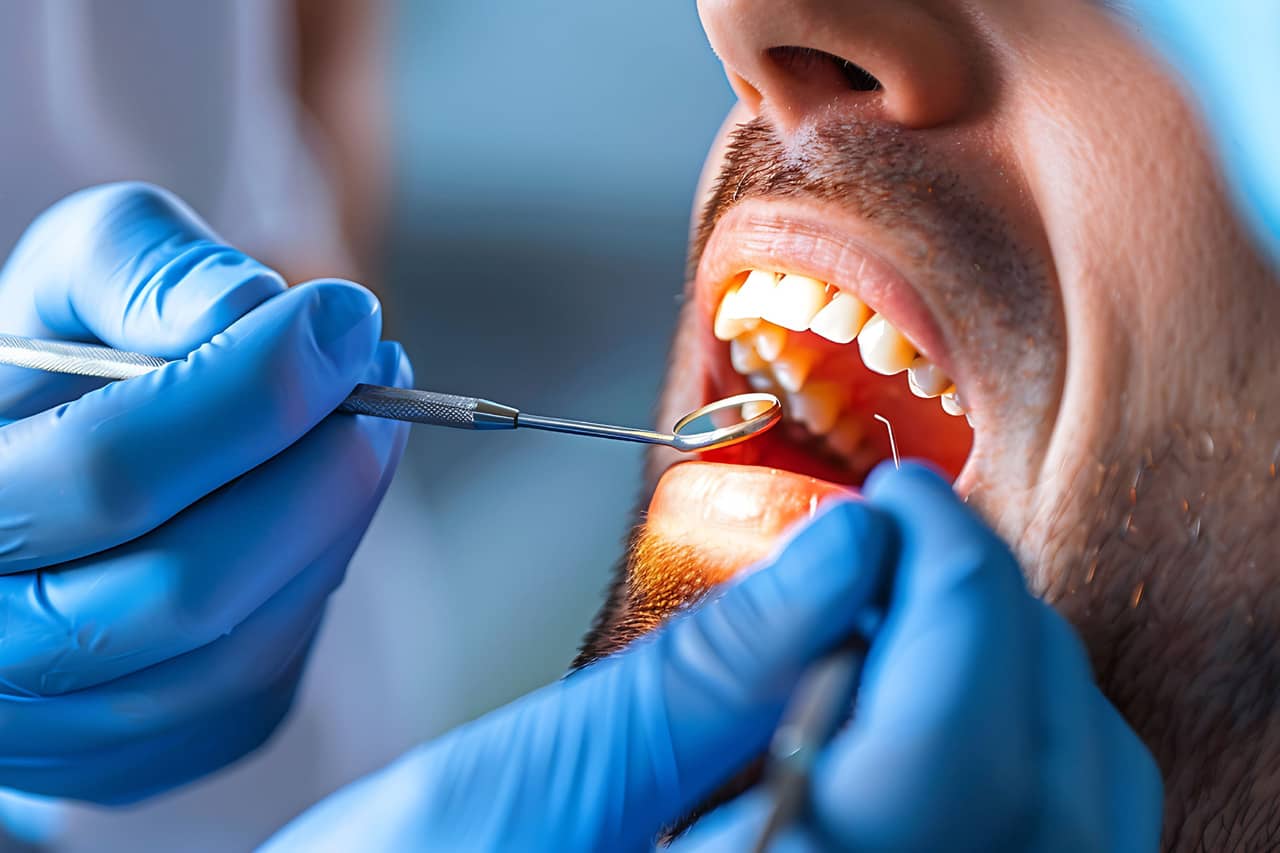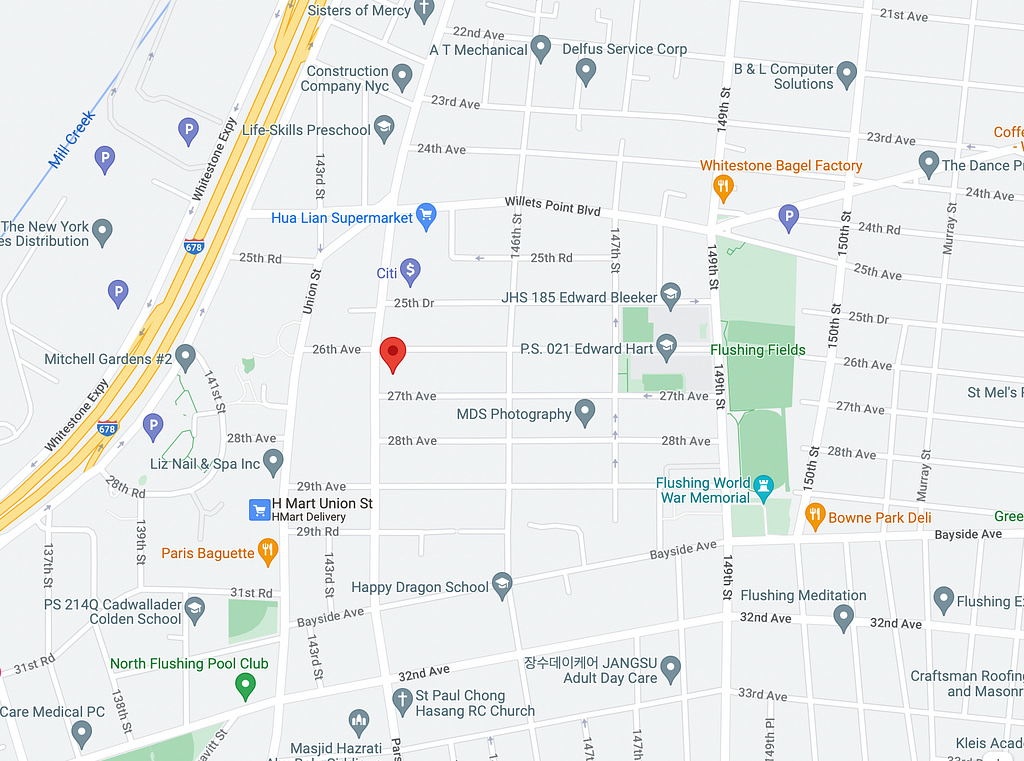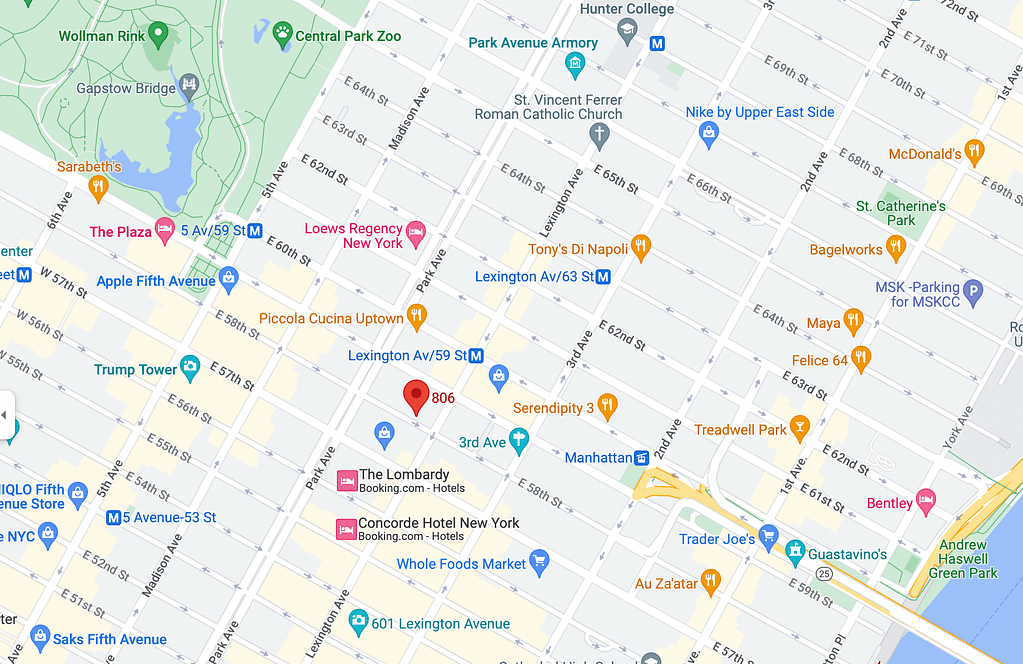
If you have a broken tooth from decay or an injury, you may wonder if you need a root canal. Typically, this procedure is necessary if damage is done to the tooth’s center, also called the pulp. A root canal removes infection, cleans the inside of the tooth, and protects it using a restoration to prevent future issues. However, it can be challenging to determine if you need a root canal for a broken tooth without the help of an experienced professional.
At Parsons Smile Center, we offer emergency dental services and will closely examine your affected tooth to identify the appropriate treatment, which may include a root canal. With over 30 years of experience and a passion for utilizing the latest technology, Dr. Fady Salha provides the highest quality care to alleviate pain and restore oral health. Additionally, we give you the one-on-one care and knowledge you need to make the best decisions for your oral health and have a stress-free experience.
When Does a Damaged Tooth Need a Root Canal?
Your teeth consist of several layers, including enamel and dentin, which create a hard exterior and protect the center of the tooth, which is called the pulp. The pulp is the innermost layer of the tooth and consists of blood vessels, nerves, connective tissue, and specialized cells that provide nutrients for your tooth and keep it alive.
Teeth can break for several reasons, including decay, cracks, teeth-grinding, and trauma. Regardless of the reason for the damage, if the tooth pulp is exposed, bacteria and other debris can access the area and cause infections or abscesses. In these cases, a root canal may be necessary to eliminate the bacteria and preserve your natural tooth.
What to Expect During a Root Canal
Endodontists and dentists perform roughly 15 million root canals in the U.S. every year, making them a standard treatment for tooth pulp infections. We understand this procedure can be daunting, especially with its reputation, but our Parsons Smile Center team communicates with you every step of the way so you always know what to expect.
If you need a root canal for a broken tooth, we take the following steps to alleviate your pain and restore your oral health:
Anesthesia: Before starting the procedure, we administer anesthesia to the tooth and surrounding gums to numb the area. If you have intense dental anxiety, we may provide sedation to ensure a smooth experience.
- Dental dam: Once you are comfortable, we place a thin, flexible piece of rubber called a dental dam around the tooth and nearby gums to keep it dry.
- Access pulp: We access the tooth pulp by drilling a small hole into your tooth’s crown.
- Pulp removal: Using small tools and instruments, we remove the blood vessels, nerves, and other tissues inside the pulp.
- Clean, disinfect, and fill: We clear out the pulp to clean and disinfect the pulp chamber. Then, we fill it up with a flexible, rubbery material.
- Restoration: A restoration, such as a filling or crown, seals and protects your tooth from future infection, restoring its strength and appearance.
At Parsons Smile Center, we want you to feel confident and comfortable in your smile, so if you have a broken tooth, we can provide the treatment you need to alleviate your pain and renew your tooth’s functionality with a root canal.
Learn More About Root Canal Therapy for Broken Teeth at Parsons Smile Center
If you have a broken tooth from decay or injury, a root canal may be necessary if the tooth’s pulp is damaged. Parsons Smile Center offers emergency dental services to examine your tooth and determine if a root canal is needed.
Dr. Fady Salha has over 30 years of experience and uses the latest technology to provide top-quality care. For the highest quality dental care and to restore your oral health, call us at (212) 223-5100 or fill out our contact form to schedule your consultation.




